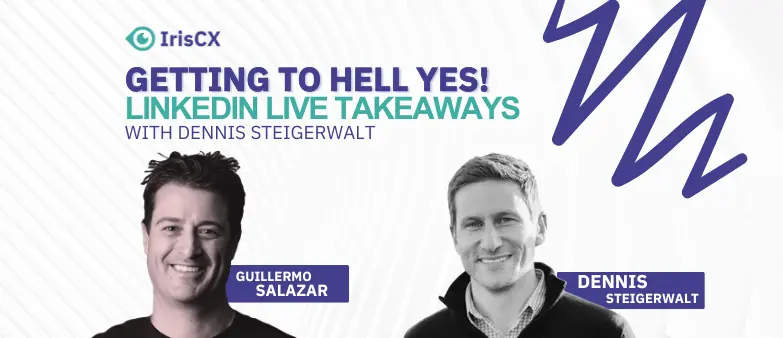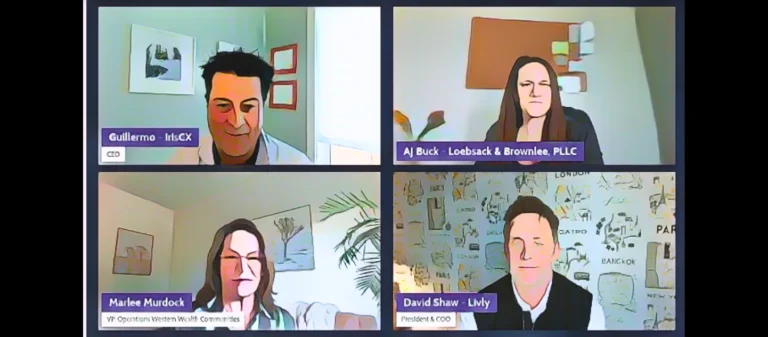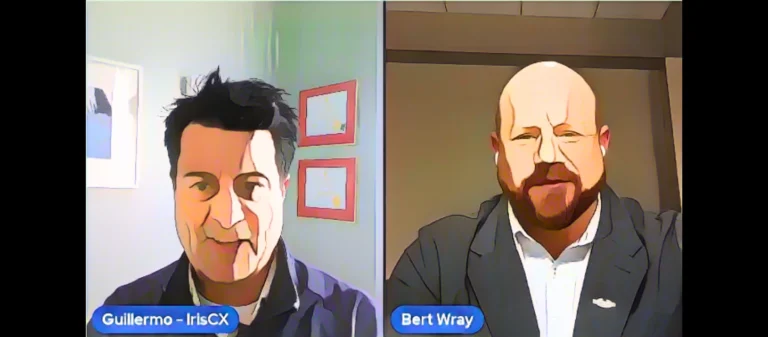Introduction
Dennis Steigerwalt doesn’t just lead in housing innovation—he transforms it. As President of the Housing Innovation Alliance and a savvy PropTech investor, Dennis tackles the housing affordability crisis head-on. With a network of 2,000 companies, he drives collaboration and creativity to reimagine residential construction and close the growing gap in housing supply.
His secret weapon? “Getting to Hell Yes!” — an approach to selling that secures enthusiastic alignment between stakeholders, consumers, and markets. Dennis uses this philosophy to navigate the challenges of modern housing, creating solutions that resonate emotionally and financially.
Dennis’s strategies offer insights on achieving “Hell Yes!” moments in selling, innovating, and leaving a legacy.
The housing market faces a crisis. Millennials and younger generations struggle to buy homes as costs rise and inventory shrinks. Millions of housing units are missing, and the gap keeps growing every year. The traditional methods of homebuilding can’t keep up.
Dennis leads the charge to change this narrative. Through the Housing Innovation Alliance, he brings together developers, builders, architects, and tech innovators to solve these challenges. His team doesn’t just talk about solutions—they deliver them.
The Picket Fence concept home project demonstrates Dennis’s vision by combining affordability with consumer-focused features. Built using modular construction, it shows how innovation can meet practicality and affordability.
Solving the housing crisis isn’t just about the right tools—it’s about bringing people together under a shared vision. That’s where Dennis excels.
Navigating Challenges in Housing Innovation
Innovation is never easy, and the housing industry faces its own unique obstacles. Dennis highlights several key challenges that innovators must address to drive meaningful change:
1. Resistance to Change
Many stakeholders hesitate to adopt new practices. As Dennis points out, “There’s an interesting cartoon that says something like, ‘Yes to innovation, no to change.’” Overcoming this mindset requires more than just new ideas—it demands proof of success and tangible results.
2. Regulatory and Zoning Barriers
Outdated zoning laws and strict regulations often block progress. These rules cater to traditional construction methods, leaving little room for modular and prefab solutions, which could streamline and modernize the building process.
3. Misaligned Goals
Builders, developers, and consumers often have conflicting priorities. Builders prioritize speed and cost efficiency, developers focus on long-term feasibility, and consumers demand affordability and quality. Aligning these goals requires strategic insight and collaboration.
4. Labor Shortages
The construction industry struggles to find skilled labor, a challenge that traditional methods depend on heavily. Modular construction offers a scalable alternative, but scaling production demands a reimagining of factory operations and improved training for tradespeople.
Dennis addresses these challenges by fostering collaboration across all stakeholders. He invests time in understanding the unique challenges and motivations of each group. By tailoring solutions to their needs, he creates alignment and unites everyone under a shared mission to drive innovation in housing.
Turning Resistance into a Resounding “Hell Yes!”
Dennis transforms resistance into buy-in through a strategic framework built on three key pillars:
1. Personal Motivation
Dennis seeks out stakeholders who are personally invested in the mission. He identifies individuals who view innovation as a path to growth, a way to leave a legacy, or an opportunity to make a meaningful impact. Personal commitment generates the momentum necessary to drive change.
2. Organizational Alignment
For innovation to thrive, the organization must fully support it. Dennis collaborates with businesses capable of integrating new ideas into their processes, scaling them effectively, and sustaining long-term success.
3. Legacy Impact
Dennis connects with leaders who aim to shape the future. For these visionaries, success isn’t just about profit—it’s about building something enduring that will stand the test of time.
The Picket Fence project exemplifies this framework. Dennis and his team designed modular homes using insights from 10,000 consumer surveys. They targeted a millennial audience—nicknamed “Trailblazers”—and developed solutions tailored to their needs. The result? A 660-square-foot accessory dwelling unit (ADU) paired with a three-bedroom townhome stacked above it. These designs address affordability and lifestyle aspirations while providing opportunities for additional rental income.
Dennis’s approach demonstrates the power of understanding your audience and designing solutions around their needs. The Picket Fence project didn’t just succeed—it ignited enthusiasm and proved that well-aligned innovation can turn resistance into action.
Scaling Innovation: Dennis’s Vision for Lasting Impact
Dennis doesn’t stop at individual projects—he’s committed to driving innovation that transforms the housing industry at scale. The Picket Fence project serves as a blueprint for how innovation can become standard practice.
1. Modular Construction as the Solution
Dennis champions modular construction for its ability to address affordability and quality while offering scalability to meet growing demand. Modular methods reduce waste, improve precision, and significantly speed up timelines, making them a practical solution for the industry’s challenges.
2. Open-Source Learning
Believing in the power of shared success, Dennis has made the Picket Fence project an open-source initiative. Its designs and processes are freely available to anyone in the industry. By making the journey transparent, Dennis inspires others to adopt innovative practices and contribute to a more collaborative housing ecosystem.
3. Building a Lasting Legacy
Dennis’s projects go beyond building homes—they aim to create connected communities that prioritize environmental sustainability and accessibility. His work focuses on reducing environmental impact and ensuring housing solutions remain attainable for future generations.
Through his commitment to scalable innovation, open collaboration, and community-focused design, Dennis is not just building homes—he’s shaping the future of housing.
Takeaways
Dennis Steigerwalt’s approach to selling provides powerful lessons for any industry. Here are three takeaways to help achieve a “Hell Yes!”:
1. Understand Your Buyer
Start by identifying what buyers need and what holds them back. Learn their motivations and challenges. Addressing these factors tailors your pitch to resonate deeply.
2. Align Hearts and Wallets
People decide with both their emotions and their budgets. Successful solutions align aspirations with financial realities. In housing, this means designing homes that are affordable without sacrificing quality or lifestyle features.
3. Show, Don’t Just Tell
Talk is cheap—proof matters. Share results through pilot projects and case studies to build trust. When people see success, they believe in the vision.
Dennis Steigerwalt proves that transforming an industry starts with people. By fostering collaboration, aligning goals, and focusing on legacy, he creates solutions that inspire action. His “Hell Yes!” framework provides a roadmap for overcoming resistance, building consensus, and driving meaningful change.
For anyone looking to sell an idea, product, or vision, Dennis’s work offers clear guidance: understand your audience, address their needs, and back up claims with real results. In a world full of hesitation, Dennis shows how to create moments of enthusiastic agreement.
As the housing industry evolves, Dennis’s work reminds us that innovation isn’t just about new ideas—it’s about uniting people to make those ideas a reality. And that’s what getting to “Hell Yes!” is all about.




